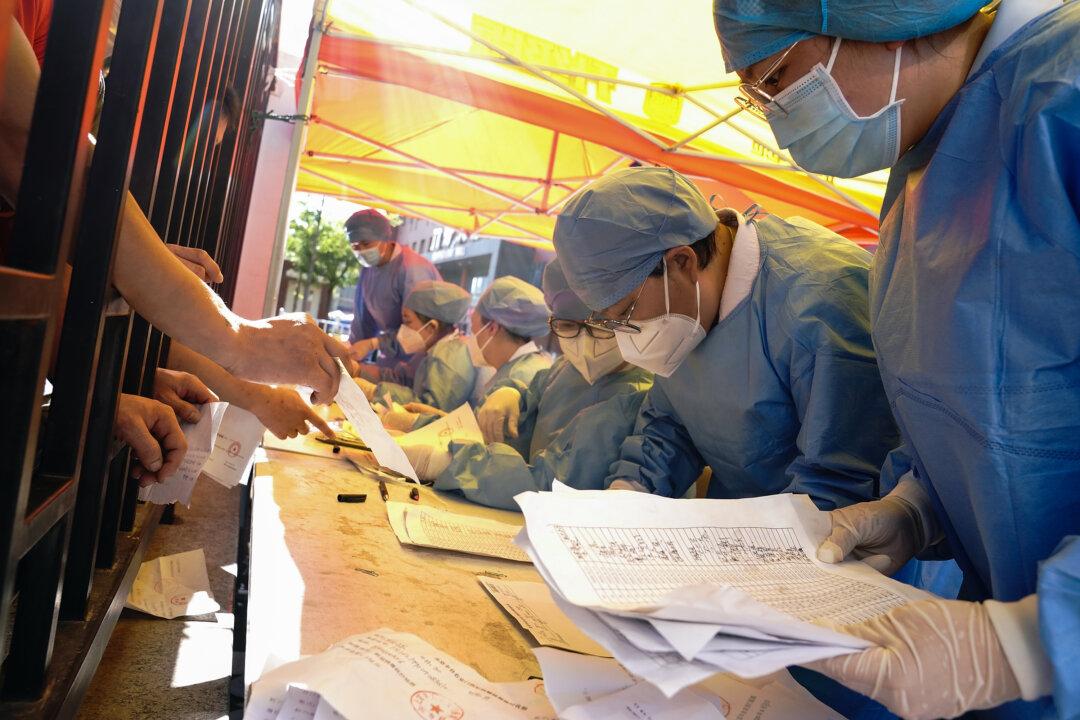Chinese authorities announced 51 new domestic CCP virus infections in Beijing in the past four days, causing officials to scramble to contain its spread.
The city, which has kept a tight lid on information since the virus began spreading earlier this year, will now test ten of thousands of close contacts after its latest outbreak.





